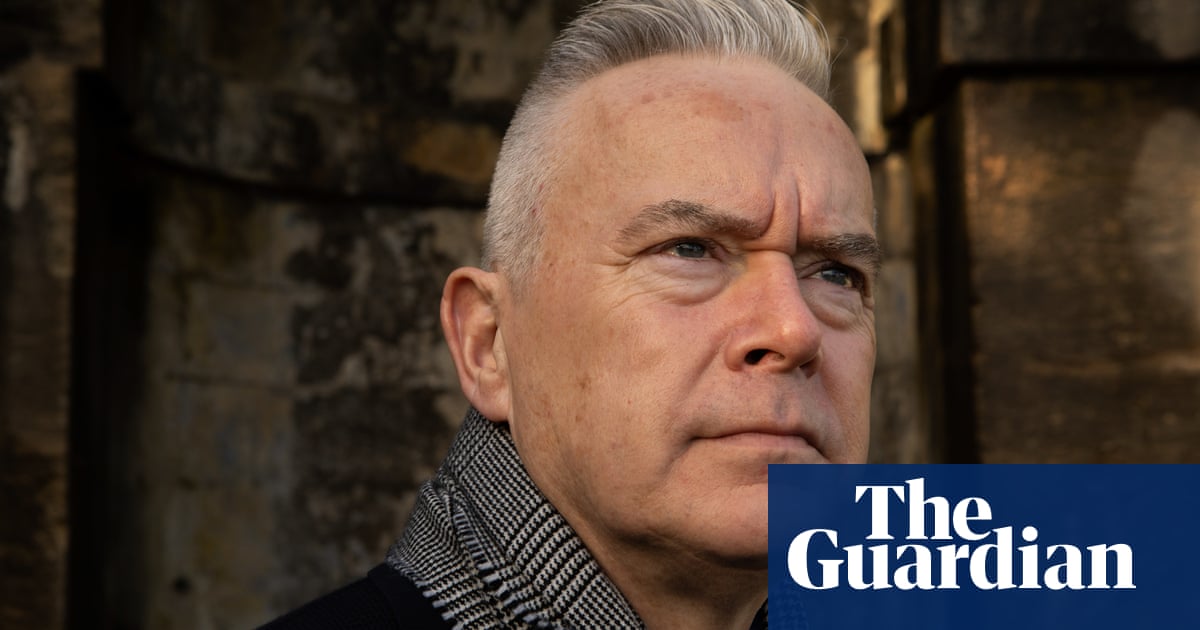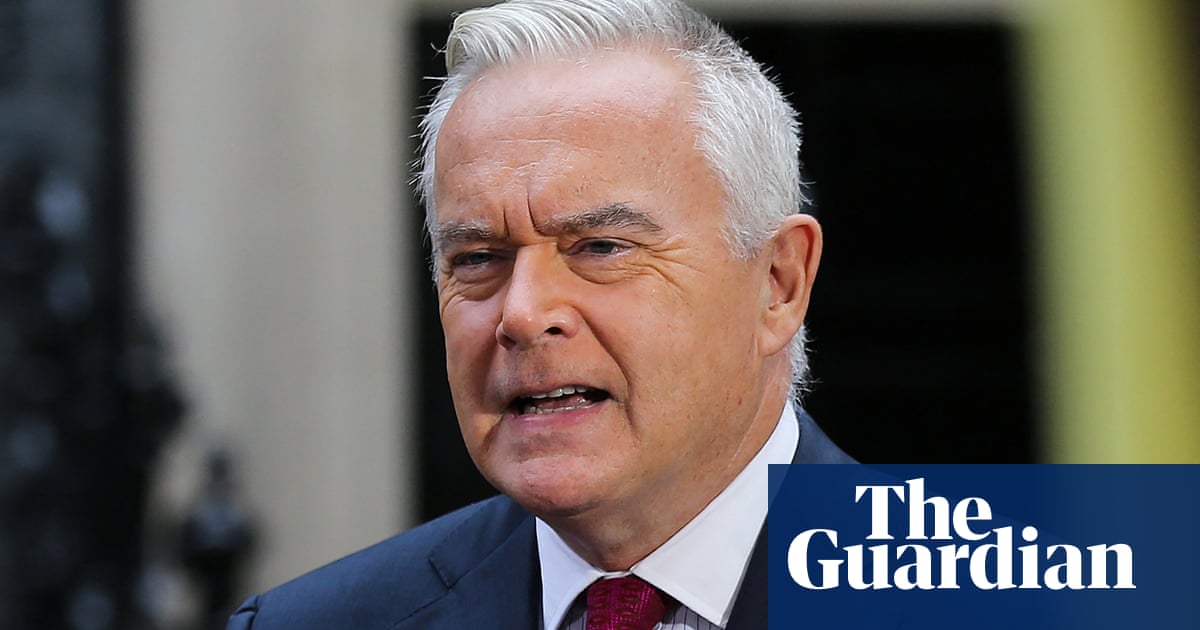
A lawyer who helped Cliff Richard recover damages from the BBC has cast doubt over whether Huw Edwards would be able to successfully sue the Sun, despite growing criticism of its reporting.
After days of speculation, Edwards was named on Wednesday by his wife, Vicky Flind, as the subject of Sun allegations that an unnamed BBC presenter had paid a 17-year-old for explicit photos.
On Wednesday, just before Flind identified her husband, police said Edwards had no criminal case to answer and the Sun has since backtracked, claiming it never intended to allege criminality.
Edwards, who Flind said is in hospital with “serious mental health issues”, used his Twitter account to like a tweet suggesting the Sun could now “face the mother of all libel actions”. Another potential action would be for breach of privacy.
However, Godwin Busuttil, who acted for Cliff Richard, said his view was that Edwards did not have a strong claim.
Busuttil represented Richard in his successful claim for damages for breach of privacy after the BBC revealed he was the subject of a police investigation into alleged historical sexual offences, which were later dismissed as false.
The barrister said: “The big obstacle for any such complaint is going to be number one, [the argument that] we didn’t identify him and no reasonable person could have known who it was and [number two], you’ve identified yourself, or through your wife.
“If you look carefully at her statement, what it says is this: ‘this statement is issued on behalf of Huw Edwards’. One argument that’s going to be run by the Sun if any complaint … is made is going to be that insofar as damage has been done to you, it’s been done by you.”
Busuttil, a barrister at 5RB chambers, said that even if Edwards were identifiable, the Sun might be able to rely on other defences.
While the suggestion of criminal behaviour has been quashed by police, there is protection under section 4 of the Defamation Act for publications believed at the time to be in the public interest, even if they turn out to be untrue.
There are caveats and the claim that the young person in question denied the story to the tabloid prior to publication would not help the Sun’s case if true.
Much of the basis for the Sun’s reporting remains unknown, as does the chain of events and causation. The claimant must also prove serious harm in defamation cases and to that end it is notable that Sun sources have said that the BBC’s investigation was prompted by the parents rather than its reporting.
With respect to privacy, the Richard case and a subsequent supreme court case involving Bloomberg established that media organisations had no right to publish the identity of someone subject to a police investigation before they have been charged with any offence. But Busuttil said there appeared to have been no substantive police investigation in Edwards’ case.
The Bloomberg case also referred to investigations by a “state organ”. Another lawyer the Guardian spoke to said there was a debate to be had as to whether the BBC would fall into this category.
While the right to privacy has trumped newspapers’ freedom of information in a series of cases, Busuttil said the Sun could make a public interest argument on the basis of Edwards’ renown and the fact that “even if he hasn’t done anything criminal, he’s done things which at least so far as are being reported seem pretty questionable”.
But he maintained that identification was the main point. David Banks, a media law consultant, concurred. “I can’t recall a case where someone has said: you set the rabbit running that led to my identification [on social media],” said Banks. “The thing is, watching on social media, people want the Sun to be liable.”
But, like Busuttil, he doubted whether Edwards, with his current reported state of health, would have the appetite for a lengthy, costly, and potentially damaging libel claim.












